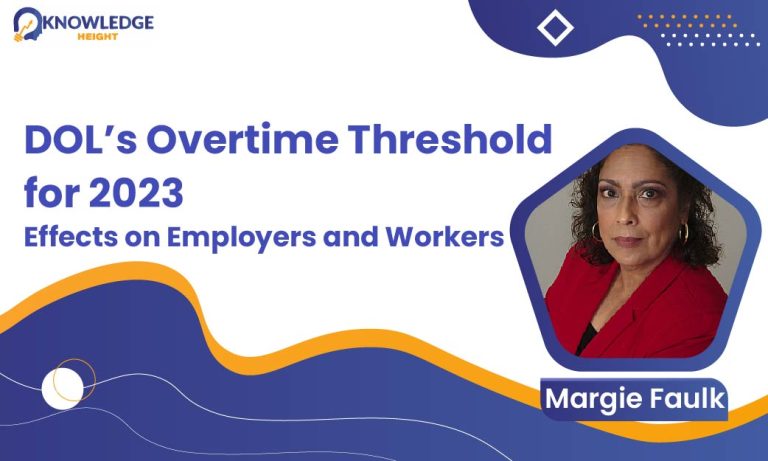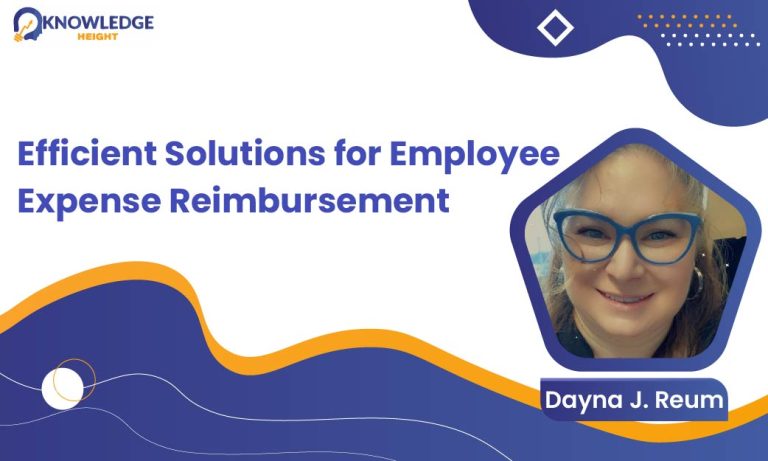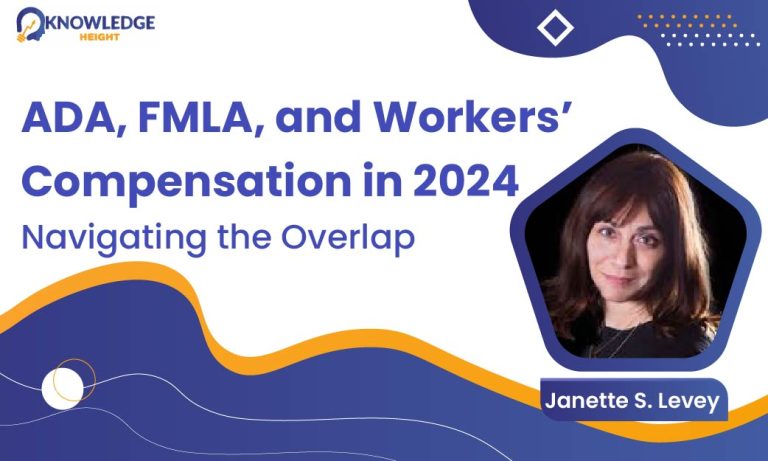RECORDED TRAINING COURSE
Federal income taxes are such a common occurrence in present times it is easy to forget their relatively recent origin. It is also easy to forget that the withholding of these taxes falls under IRS regulations that are strict and non-yielding in many cases. Simply put, the employer either collects the amount due from the employee or pays their portion and sends it directly to the IRS. But though it sounds simple and basic it is critical for the employer to withhold the taxes correctly based on several factors including:
- The type of payroll frequency used by the employer
- The information supplied on the employee’s Form W-4
- The taxable wage base and rate in effect for OASDI or social security taxes
- The rate in effect for Medicare Tax
- If the employee is subject to the Additional Medicare Tax
- Status of the employees such as Nonresident Alien or Expatriate
- The wage base and rate in effect for Federal Unemployment Insurance or FUTA
The penalties are severe for failing to comply with employment tax rules and procedures since the IRS imposes both civil and criminal penalties on employers. In addition to these penalties, employers also have to pay interest on any underpayment of tax that is a result of noncompliance with these same regulations.
Then once the taxes are withheld and paid they must be reported and reconciled. Which forms are used for the initial reporting and when are they due? Which forms are used to correct already submitted forms? These are critical questions that the payroll professional must have answers to right on the tip of their tongues. So although we like to refer to this as basic payroll it is anything but basic. In actuality, it is the foundation that supports both quarter-end and year-end as well as all other IRS compliance issues facing the payroll department.
Session Highlights:
Every payroll professional from the seasoned veteran to the novice beginner must have a good working knowledge of these requirements to process payroll efficiently and in compliance. So join us as we cover the basics of withholding, depositing, and reporting federal taxes including:
- Introduction to the federal tax system
- Obtaining an EIN
- Federal Income Tax
- Methods of Withholding
- How to handle supplemental wages
- FICA Taxes
- What is OASDI
- What is Medicare
- What is the Additional Medicare Tax
- What are the current wage bases and rates
- How do totalization agreements affect FICA taxes
- Are there special rules for nonresident aliens on visa
- FUTA Tax
- Who is subject
- Current rate and wage base
- Effect of credit reduction
- Computing and paying the tax
- Basic rules for successor employers
- Basic rules for common paymaster
- Deposit rules
- Reporting requirements
- Penalties for Noncompliance
Why You Should Attend:
This webinar covers the basics of withholding, depositing, paying, and reporting payroll taxes. It provides a good solid foundation for the payroll beginner or an excellent refresher course for the seasoned professional.
Who Should Attend:
- Payroll Executives/Managers/Administrators/Professionals/Practitioners/Entry Level Personnel
- Human Resources Executives/Managers/Administrators
- Accounting Personnel
- Business Owners/Executive Officers/Operations and Departmental Managers
- Lawmakers
- Attorneys/Legal Professionals
- Any individual or entity that must deal with the complexities and requirements of Payroll compliance issues
Note: You will get access to the Recording link and E-Transcript; in your account and at your registered email address.














